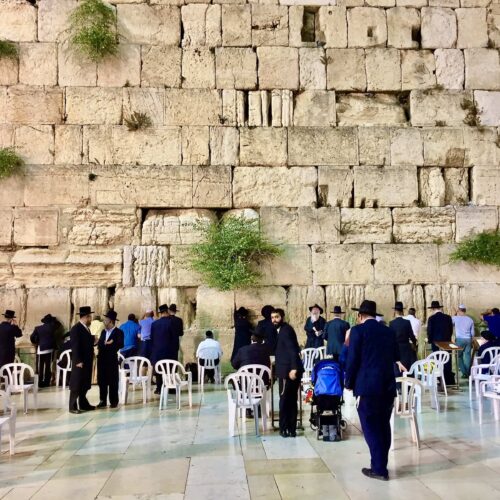
1 Chronicles 20
Victory Over Ammonites and Philistines
Battle with Ammonites was originally … Read the rest

1 Chronicles Introduction
Author
1 Chronicles and 2 Chronicles were originally one book. … Read the rest

